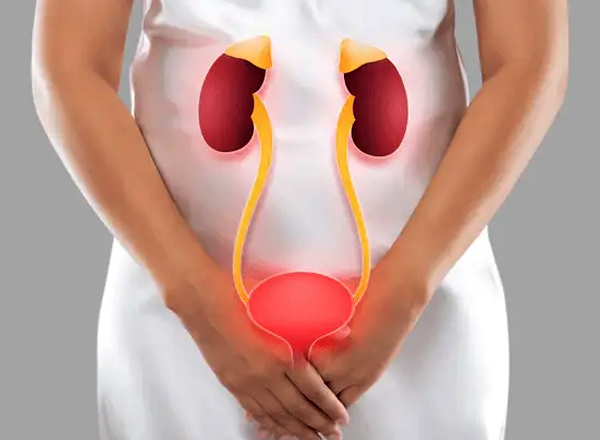
Vaginal and urinary tract infections are common conditions that affect many individuals, primarily women. Here's an overview of each:
-
Vaginal Infections:
-
Bacterial Vaginosis (BV): BV is a common vaginal infection resulting from an imbalance of bacteria in the vagina. It may cause a fishy odor, discharge, and irritation. Antibiotics are typically prescribed for treatment.
-
Yeast Infection: Caused by the overgrowth of the fungus Candida, yeast infections can lead to itching, burning, and a cottage cheese-like discharge. Antifungal medications, available over-the-counter or by prescription, are used for treatment.
-
Trichomoniasis: This sexually transmitted infection (STI) is caused by the parasite Trichomonas vaginalis. It can cause itching, redness, and a foul-smelling discharge. Treatment usually involves antibiotics.
-
-
Urinary Tract Infections (UTIs):
-
Cystitis: Cystitis is a common type of UTI that affects the bladder. Symptoms may include frequent urination, a burning sensation during urination, and cloudy or strong-smelling urine. Antibiotics are typically prescribed for treatment.
-
Pyelonephritis: This is a more severe UTI that involves the kidneys. It can cause symptoms like fever, back or side pain, and nausea. Prompt medical attention and antibiotics are essential for treating pyelonephritis.
-
Urethritis: Inflammation of the urethra, often caused by bacteria, viruses, or irritants. It can cause pain or a burning sensation during urination. Antibiotics or antiviral medications may be used for treatment.
-
Prevention and General Tips:
-
Hygiene: Practice good personal hygiene, including gentle washing of the genital area with mild soap and water.
-
Cotton Underwear: Wear breathable, cotton underwear and avoid tight-fitting pants to promote airflow.
-
Urination After Sex: Urinate after sexual intercourse to help flush out bacteria from the urethra.
-
Hydration: Stay well-hydrated, as this can help flush bacteria out of the urinary tract.
-
Avoid Irritants: Avoid using irritating feminine hygiene products, such as douches or harsh soaps.
If you suspect you have a vaginal or urinary infection, it's crucial to consult with a healthcare professional for proper diagnosis and treatment. Self-diagnosis and treatment without medical guidance can lead to complications or the recurrence of infections. Additionally, if symptoms persist or worsen, seek prompt medical attention to prevent the spread of infection or the development of more serious conditions.
